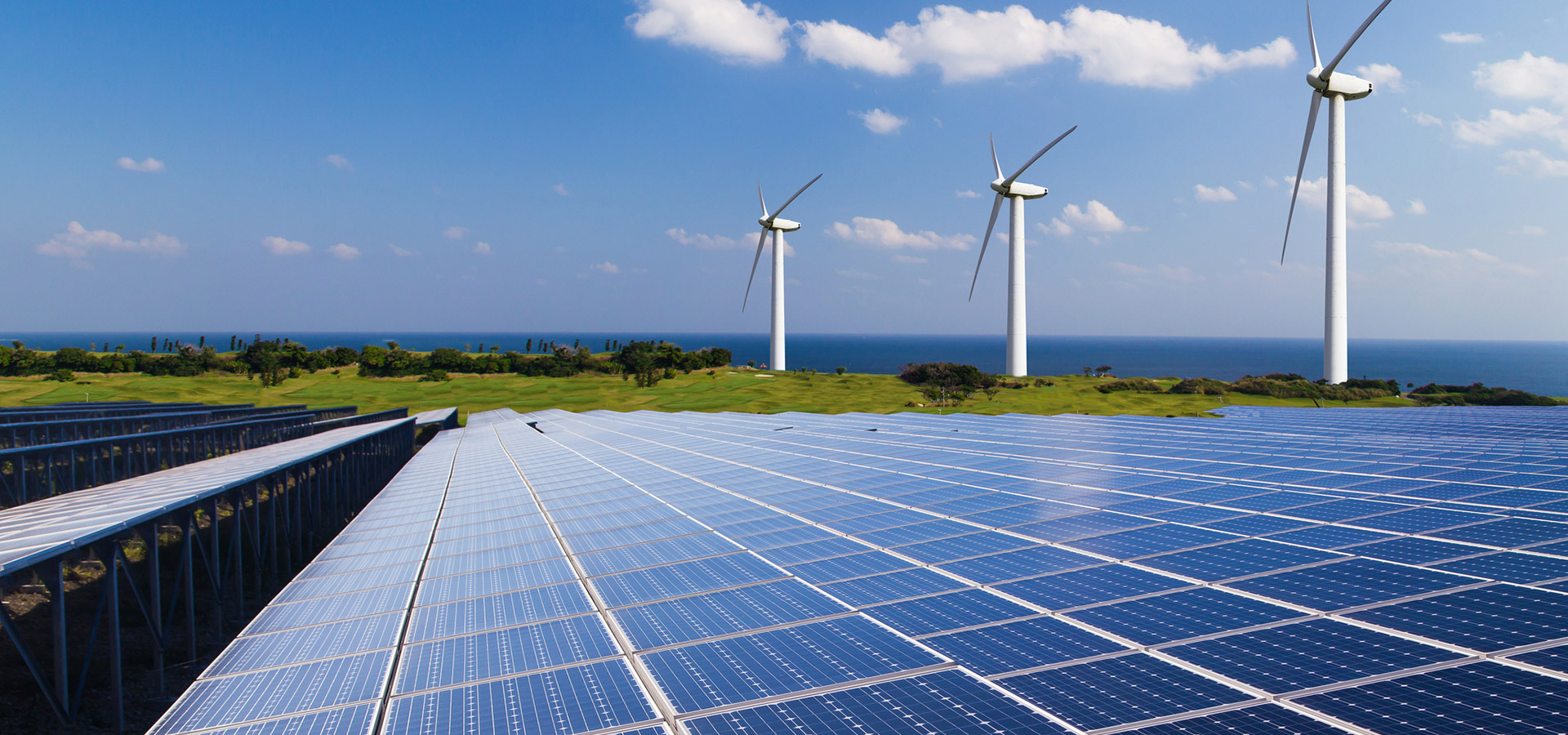
October 28, 2022
Factors such as reducing costs of renewables, a larger adoption of electric vehicles and progressive policies will assist in this journey
India can become a manufacturing and R&D base for cleantech, including electric vehicles, batteries and electrolysers
McKinsey also presented a ten-point agenda to accelerating decarbonisation
The government needs to act by 2030 and leverage its growth momentum to build this capacity

Although India’s net Green House Gas (GHG) emissions will reach 11.8 gigatons of carbon dioxide equivalent by 2070 from the 2.9 gigatons in 2019, the country has the potential to create 287 gigatons of carbon space for the world. However, India’s decarbonisation will require an estimated US$ 12.1 trillion of green investments until 2050 thus limiting global warming to 1.5 degrees Celsius, as per McKinsey, a global consultancy firm.
The report further states that factors such as reducing costs of renewables, a larger adoption of electric vehicles and progressive policies will assist in this journey. However, there are challenges of adding renewable capacity worth 40-50 GW per year and reducing the price of batteries and hydrogen may act as dampeners.
India can cumulatively have forex savings of US$ 1.7 trillion by 2070 by reducing energy imports of crude oil and coking coal provided the country transitions well. The report further states that India has the potential to become a manufacturing and research and development base for cleantech, including electric vehicles, batteries and electrolysers. However, the government would need to act by 2030 and leverage its growth momentum to build this capacity.
McKinsey also presented a ten-point agenda for accelerating decarbonisation, starting with charting out a detailed medium-term decarbonisation plan with sector-specific priorities and policy frameworks. The report further recommended the implementation of Compliance Carbon Markets by 2025 which would enable banks to support this transition and ensure a greater degree of renewables are adopted in the power sector and empowering a nodal authority to define a national land-use plan.
India has committed to net zero emissions by 2070.
Source: Economic Times